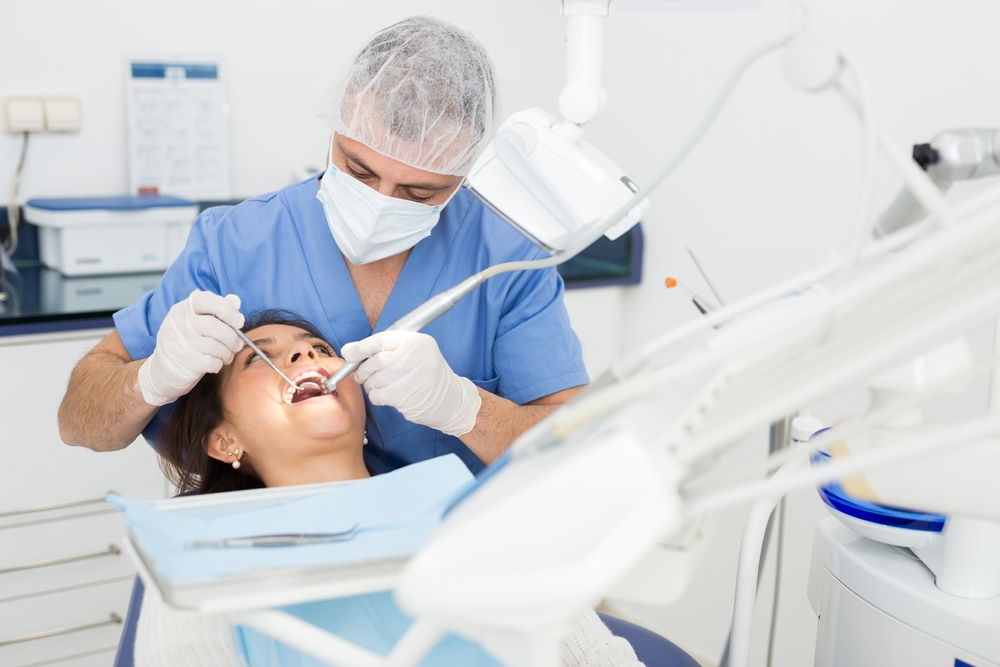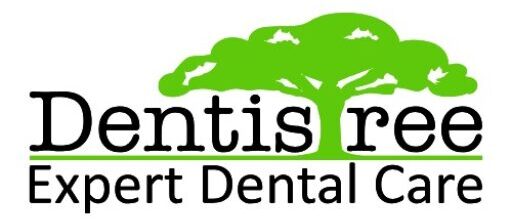Painless Dental Treatment
Painless dental treatment also known as sedation treatment refers to the treatment of dental issues without causing pain.

Painless dental treatment also known as sedation treatment refers to the treatment of dental issues without causing pain.
This is suitable for people who are anxious about the following:
- Pain and Needles
- Gagging and Choking
- Nervousness while undergoing the process
With twenty years of expertise in the field of dentistry, we have retained our titles as the best dental care in Chennai for providing painless treatment.
Process under various types of Painless Dental Treatment:
Even though various techniques like laser and sedatives are used in the field of dentistry, our laser treatment in Chennai will involve:
- Inhaled minimal sedation
Sedation with NO (Nitrous Oxide) within a controlled amount to the patient
- Oral sedation
Sedation through intake of pills
- Moderate sedation
It involves injecting drugs through a vein which makes the operation easier and quicker.
- Painless root canal treatment
It helps in repairing and saving an infected tooth
What is sedation?
In a few cases, sedatives are used to alleviate or minimise the pain which evolves during the treatment. It is safer and cost-effective as compared to a general anaesthetic.
With us, it’s time always time for painless dental treatment with the best laser technology!
Benefits under our Best Laser Dental Clinic:
- Painless dental injections in Chennai
- Relaxation and Good Appearance
- Increased Comfort level
- Control of Gag Reflex
- Tension Free Treatment
- Durability
- Improved Self Esteem
Options along with tooth replacement under Dentistree:
- Single Tooth Replacements/ Single tooth implant
- Fixed Multiple Tooth Replacements
- Removable Supported Tooth Replacements
Extractions and wisdom teeth removal:
Wisdom teeth are the large molars that emerge at the very back of your mouth, usually between the ages of 17 and 24. Some people never develop their wisdom teeth, whilst others have up to four (one in each corner of the mouth). A lot of the time wisdom teeth appear with little trouble, however, if there is not enough space for the teeth to grow, they can become wedged in or ‘impacted.’
The transition of the current generation to softer diets has also modified the growing pattern of the jaws and there is a space constraint for the eruption of the wisdom teeth. This not only creates an imbalance in the position of the other teeth but also causes infections. A wisdom tooth is best removed when it does not erupt in the right position.
Problems associated with wisdom teeth:
Wisdom teeth when healthy and in the right position usually don’t cause problems. But you may have a problem if any of the following occur:
- Your wisdom teeth break through your gums only partway because of lack of space. This can cause a flap of gum tissue to grow over them. The flap can trap food and lead to a gum infection
- They come in crooked or facing the wrong direction causing cheek bite and ulcers at times.
- Your wisdom teeth may get stuck (impacted) in your jaw and might not be able to break through your gums leading to severe pain in your jaw, head or neck.
- They are so far back in your mouth or crowded that you have trouble cleaning around them.
- Partially erupted teeth may also affect the tooth adjacent to it by causing decay due to food lodgement or resorption of the root of the adjacent tooth.
- A cyst may form around the impacted tooth that can damage the bone or roots of the adjacent teeth.
Do I need Removal of Wisdom Teeth?
If your wisdom teeth are causing the following symptoms, extraction of the wisdom tooth would be recommended:
- Pain or jaw stiffness near an impacted tooth.
- Pain or irritation from a tooth coming in at an awkward angle and rubbing against your cheek, tongue, or top or bottom of your mouth.
- An infected swelling in the flap of gum tissue that has formed on top of an impacted tooth that has broken partway through the gum.
- Crowding of other teeth.
- Tooth decay or gum disease if there isn’t enough room to properly clean your wisdom tooth and nearby teeth.
Procedure for extraction of wisdom teeth:
- If the wisdom tooth (or teeth) have completely erupted, the tooth (or teeth) will be removed without surgical intervention. After surgery, you may be asked to bite down softly on a piece of gauze for 30 to 45 minutes after you leave the office, to limit any bleeding that may occur.
- If the wisdom teeth are impacted and embedded in the bone, the oral surgeon will put an incision into the gums and remove the tooth or teeth in sections in order to minimize the amount of bone being removed. Some pain and swelling may occur, but it will normally go away after a few days. However, you should call your dentist or oral surgeon if you have severe pain, swelling, bleeding or fever.
- Extraction of wisdom teeth due to crowding or impaction should not affect your bite or oral health in the future.
- If surgery is completed, swelling and tenderness in the face and neck are common, as is bruising. Ice packs and pain medications prescribed by the dentist or oral surgeon will help.
Wisdom tooth extraction after care:
Most people have little to no pain after surgery. You are likely to have swelling and mild discomfort for a maximum of three days. Your mouth may need a few weeks to completely heal.
Follow your doctor’s instructions for a quicker recovery. Here are some tips for the first three days post surgery:
Dos:
- Use an ice pack on your face to curb swelling or skin color changes.
- Gently open and close your mouth to exercise your jaw.
- Eat soft foods
- Drink plenty of fluids.
- Brush your teeth starting the second day. Don’t brush against any blood clots.
- Take the drugs your doctor prescribes to ease pain or swelling.
- Call your doctor if you have a fever, or if your pain or swelling doesn’t improve.
Don’ts:
- Don’t drink through a straw. Sucking may loosen blood clots that help your mouth heal.
- Don’t rinse your mouth too harshly. Your doctor may suggest rinsing gently with saltwater.
- Don’t eat hard, crunchy, or sticky foods that may scratch your wounds.
- Don’t smoke. Smoking can slow your healing.

